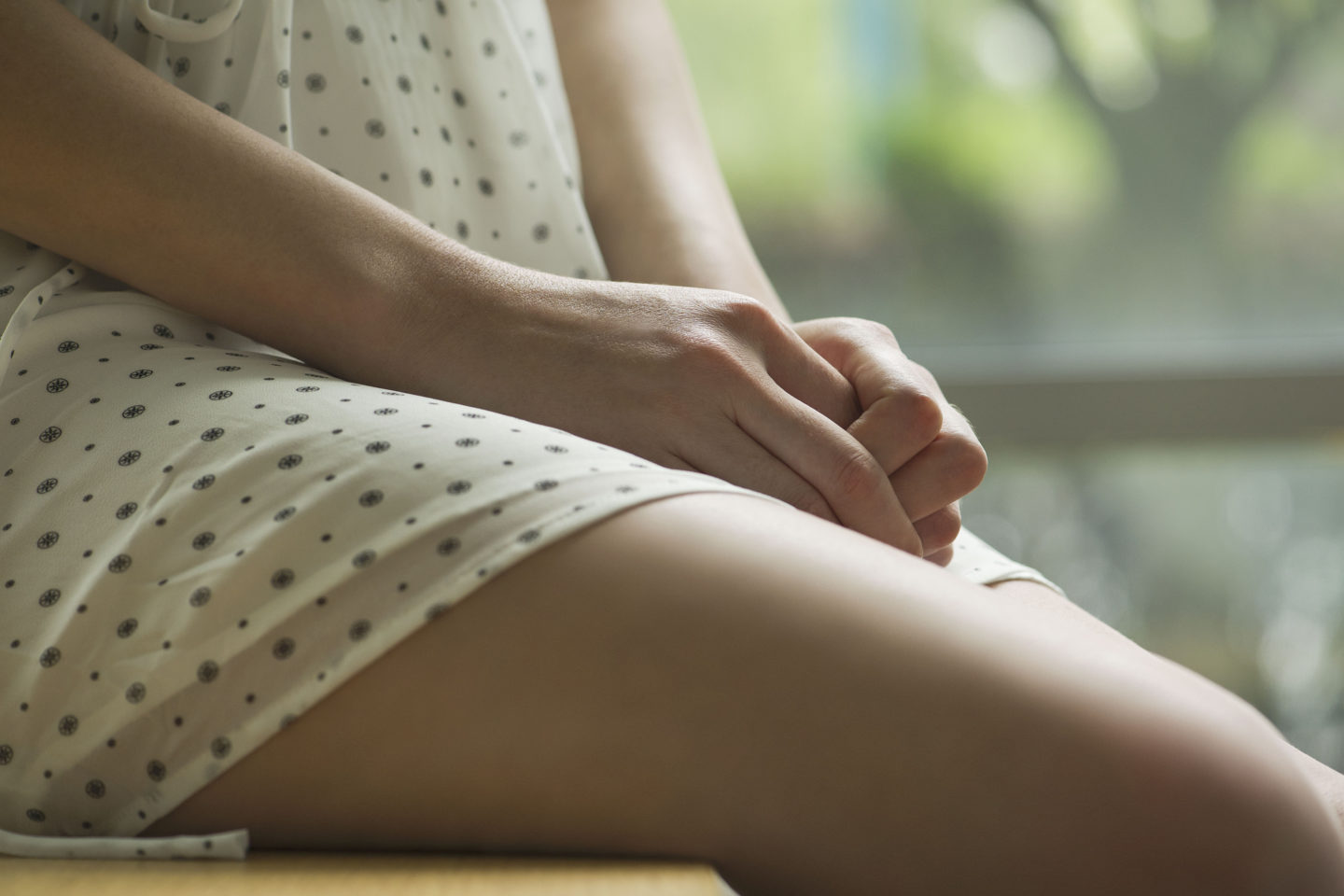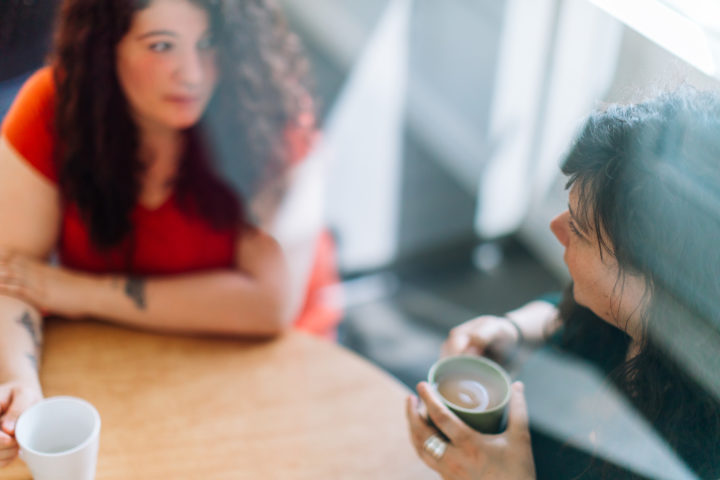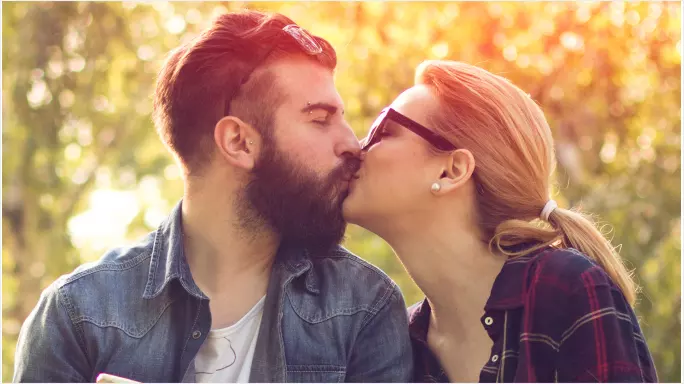The 21-year-old actress is (b)reaking (t)he (s)ilence against domestic abuse.
Author’s note: This article discusses sexual abuse, rape, and domestic abuse.
BTS: It’s an acronym that stands for breaking the silence, specifically against domestic abuse. It’s an important, but often glossed over, issue. Domestic abuse and sexual assault are frequently cast aside issues for myriad reasons and actress Abigail Breslin used April, Sexual Assault Awareness Month, as a powerful platform with which to detail her shocking experience with these concerns.
“I knew my assailant,” she wrote in a powerfully raw Instagram post on April 11. The caption accompanied a black and white image detailing the definition of consent.
Abigail — who is starring in the upcoming remake of the classic Dirty Dancing — didn’t stop there. She continued to share her story in pieces, including an upload of a graphic of rape statistics from RAINN, the Rape, Abuse & Incest National Network. According to RAINN, seven out of 10 assaults will be committed by a person who knew the victim. Abigail’s sexual assault experience reinforces this statistic in an all-too-real way.
Things got even more heavy when a commenter suggested that “reported rapes are the only rapes that count.” Abigail wrote a response note to the comment, screenshotted it, and uploaded it, describing all of the heart-breaking and all-too-familiar reasons she initially chose to stay quiet.
“I did not report my rape. I didn’t report it because of many reasons,” she wrote in a raw follow-up post. The upload came with a trigger warning and went on to list three crucial motives that kept Abigail — and many other women — silent.
“Firstly, I was in complete shock and total denial. I didn’t want to view myself as a ‘victim,’ so I suppressed it and pretended that it never happened,” she wrote. “Second of all, I was in a relationship with my rapist and feared not being believed. I also feared that if my case didn’t lead anywhere, he would still find out and would hurt me even more. Thirdly, I knew how hurt my friends and family would be after finding out, and I didn’t want to put them through that.”
Sexual Assault Awareness Month might only extend through the 30 days of April but it’s not over. Abigail’s very public admissions are essential to several important feminist goals. First of all, it can happen to anyone: celebrity, someone in a relationship, or otherwise. A widespread understanding of this is critical to unfurl the unfair stigmatizations that perpetually surround sexual assault; they are the same unfair stigmatizations that cause people to think rapes can be categorized as “legitimate” or “illegitimate” — I’m looking at you, Republican representative Todd Akin — and also halt the progress of making sexual assault and domestic abuse acceptable issues to talk about; they are the same unfair stigmatizations that keep people from seeing the truth about rape, sexual assault, and domestic abuse, that keep these issues taboo.
We need to break the silence on a global level. The only way to do that is person by person, day by day, story by story. The more women — and men — who come forward and get honest about their experiences with sexual assault and abuse, the more this community demands to be heard. And the louder our demands to be heard are, the less the rest of the world can refute them. Being outspoken about rape, domestic abuse, and sexual assault is an act of resistance and will ultimately institute change.
Brava, Abigail. We’re proud of what you’ve chosen to do with your platform and we’re so sorry this happened to you. Solidarity.
Cover image courtesy of Getty Images.




comments